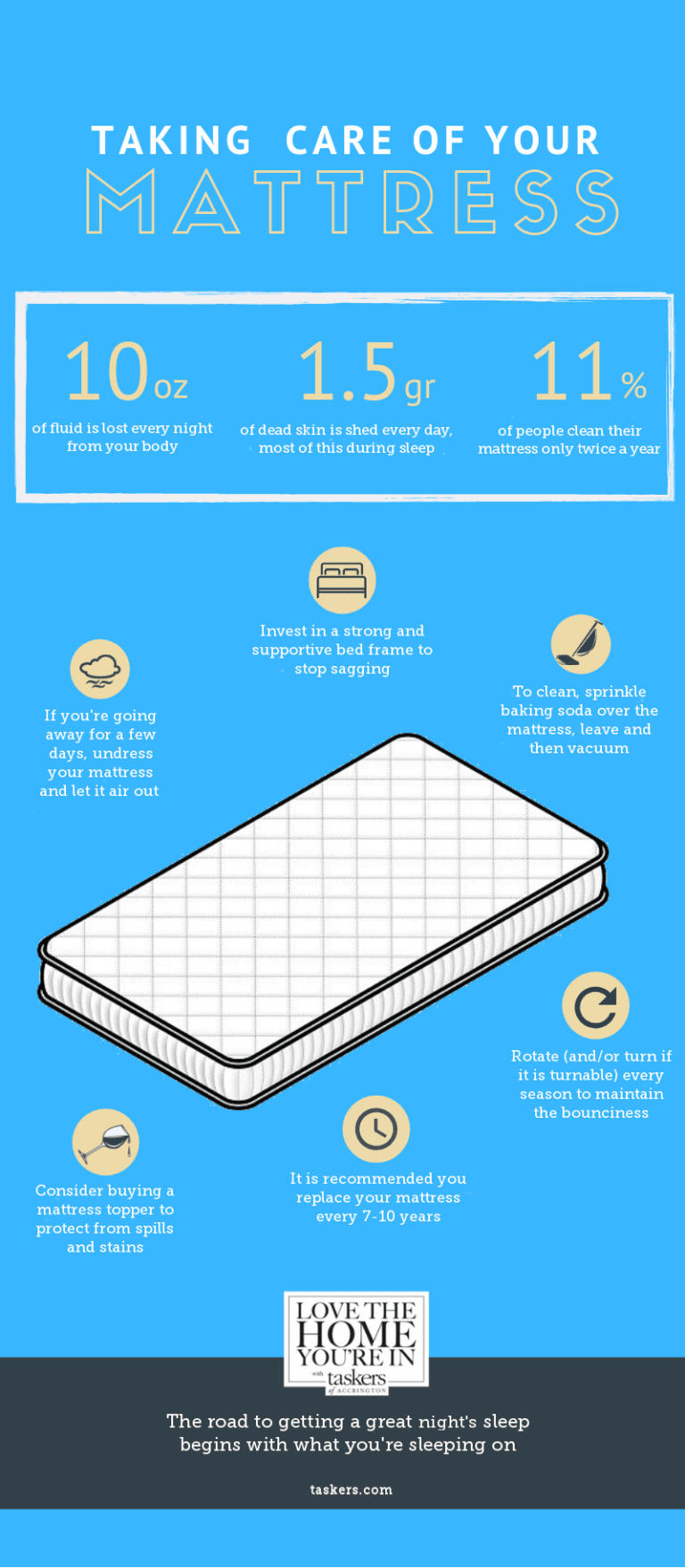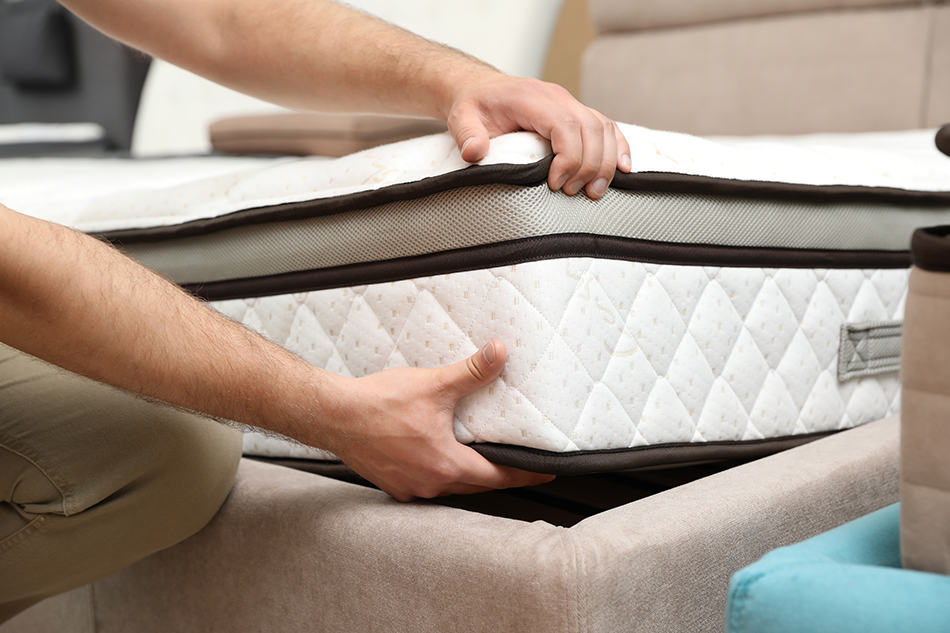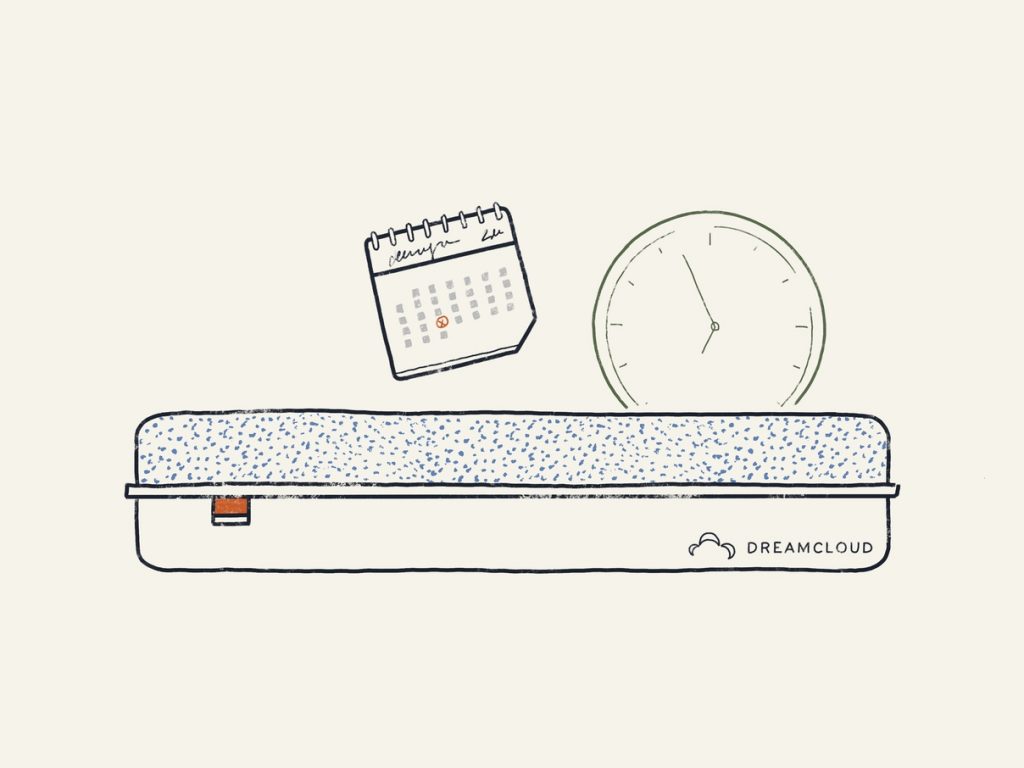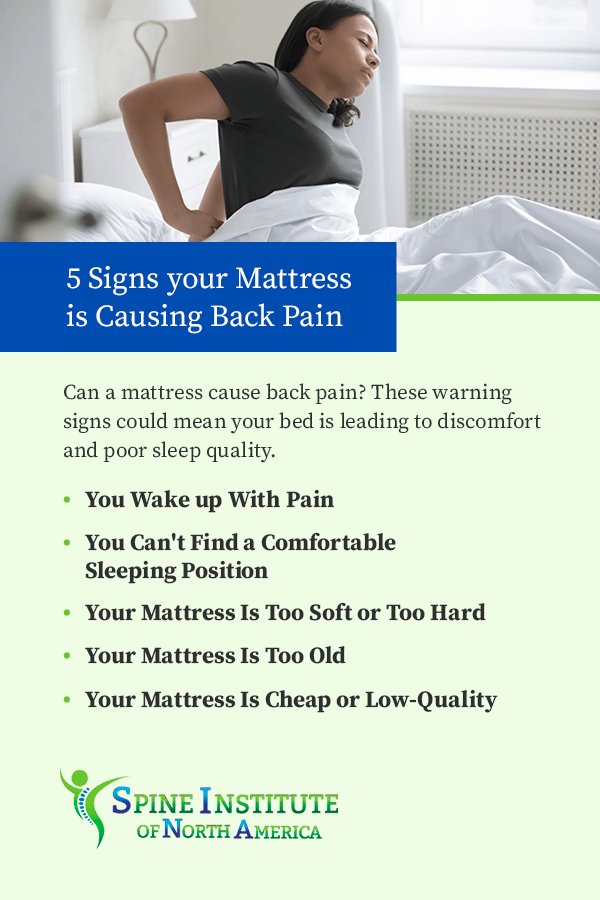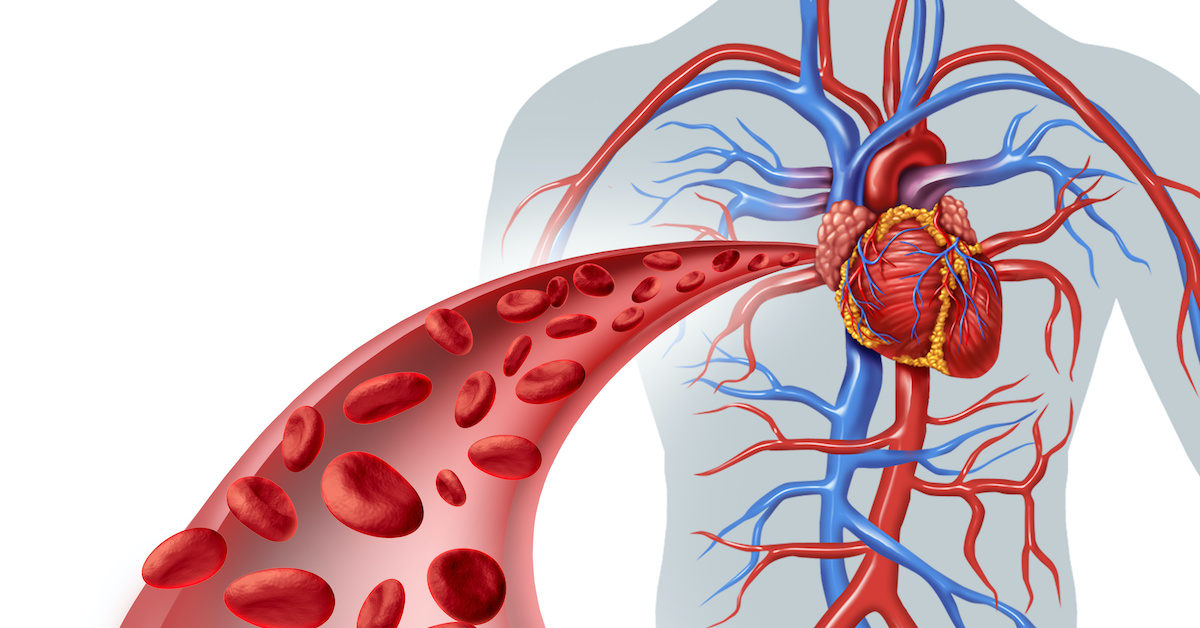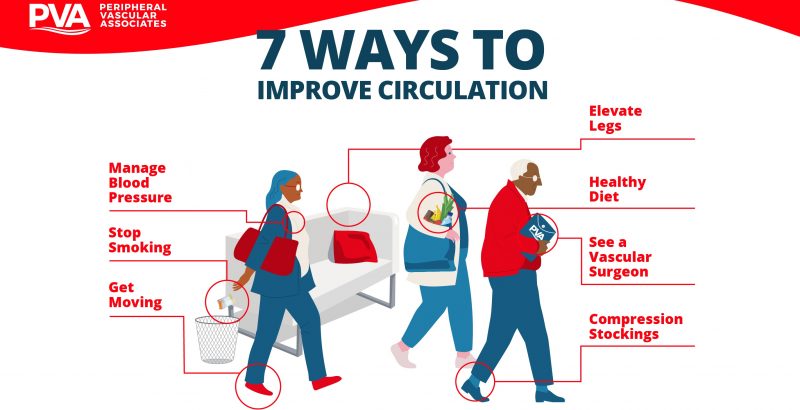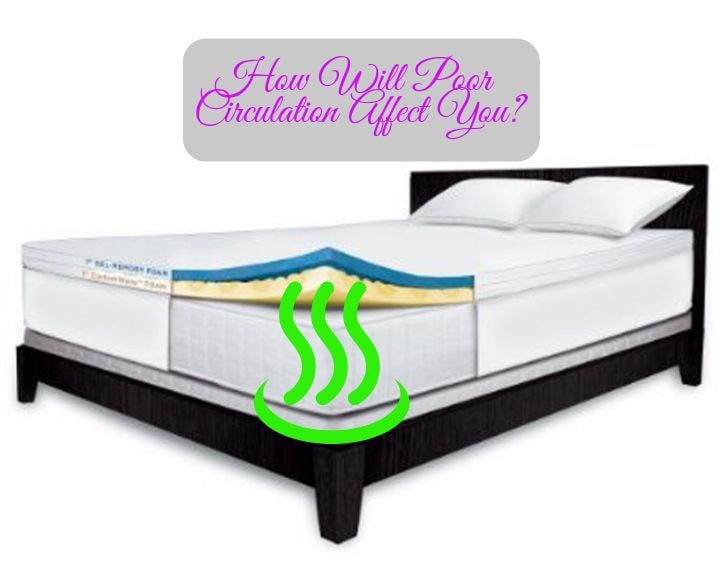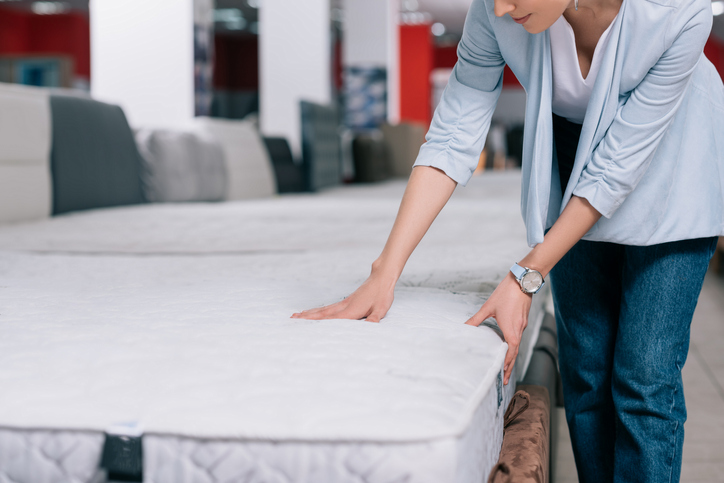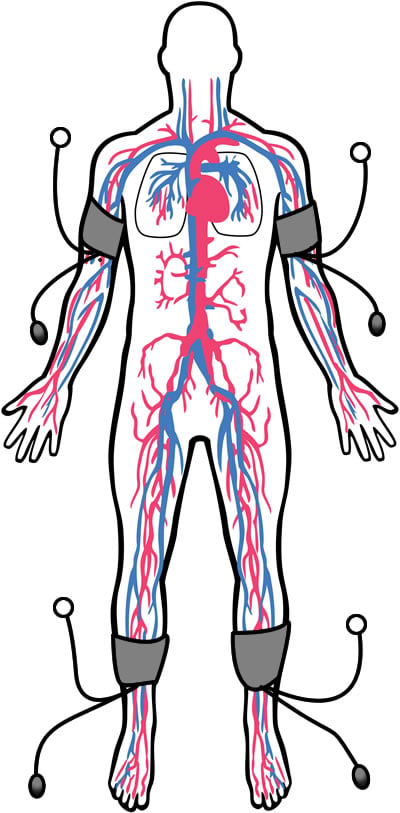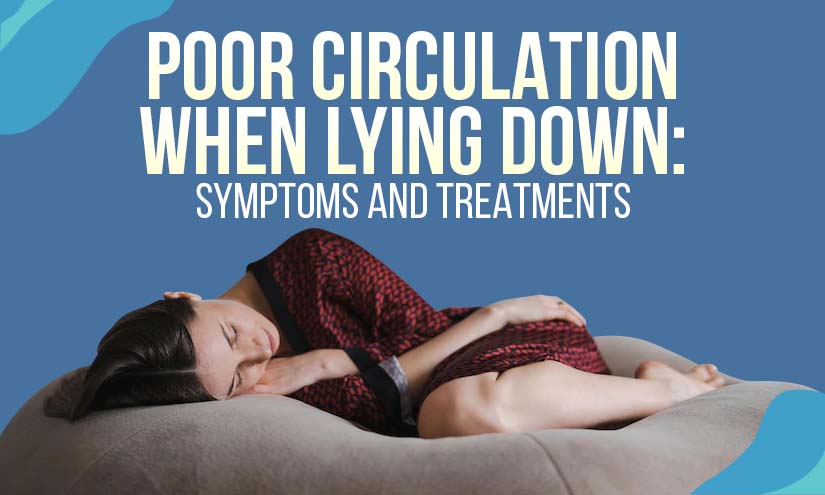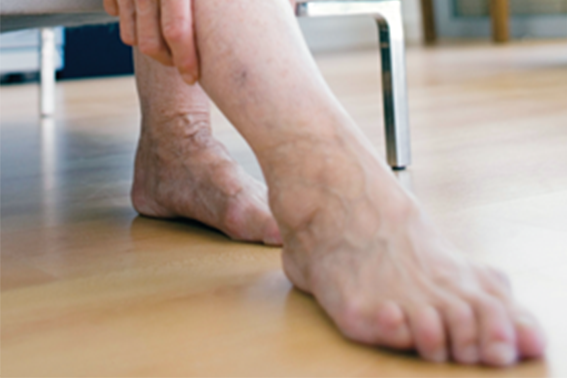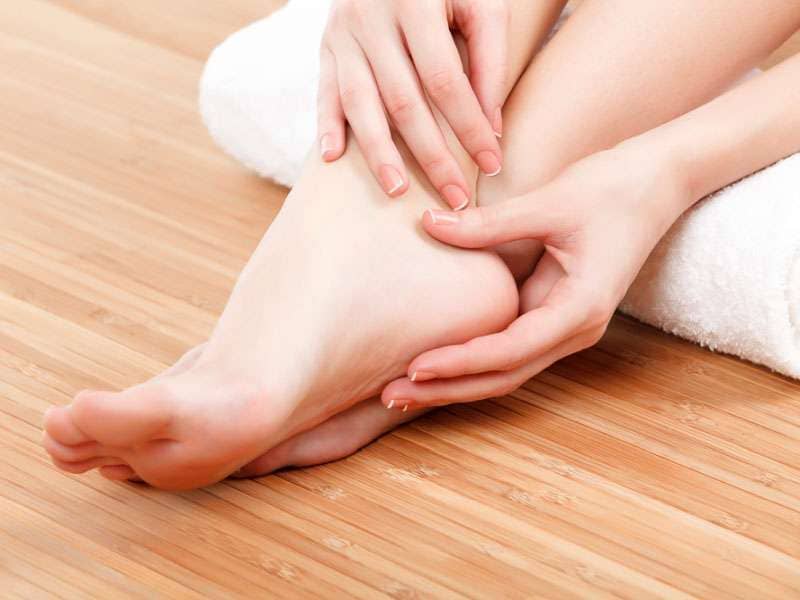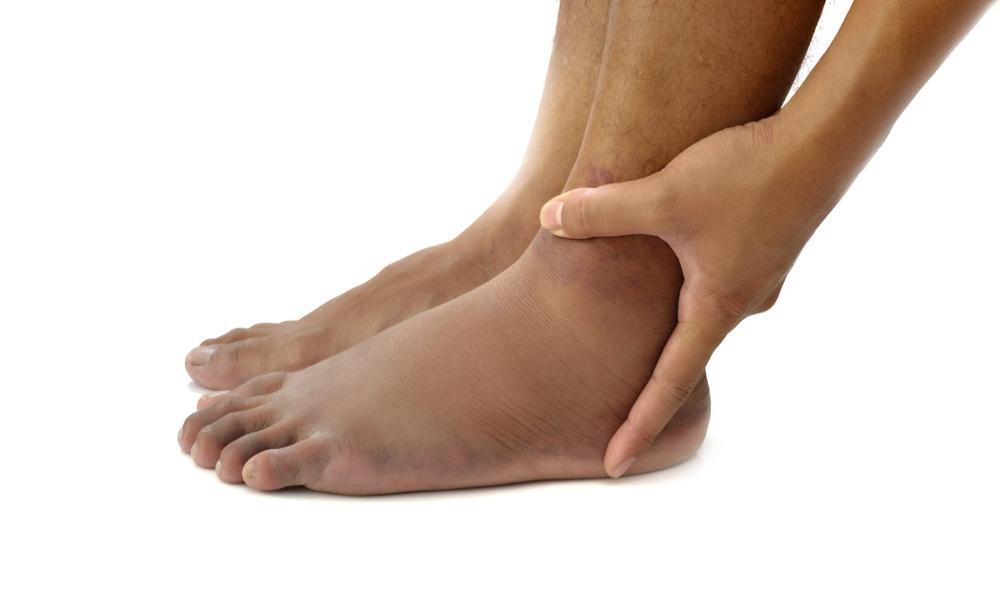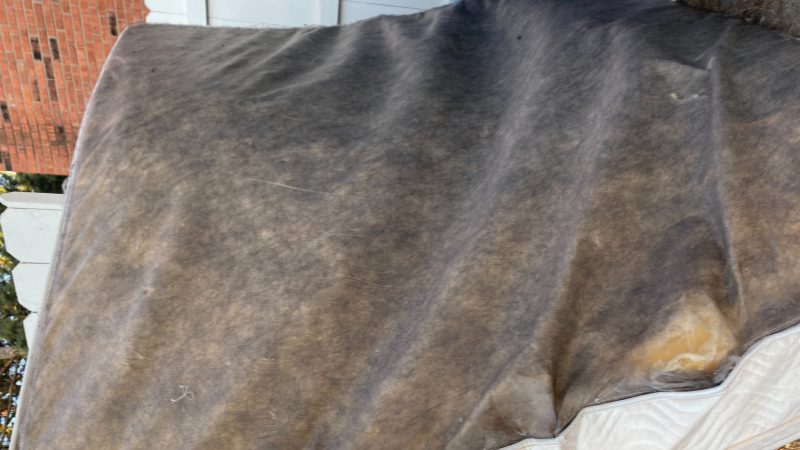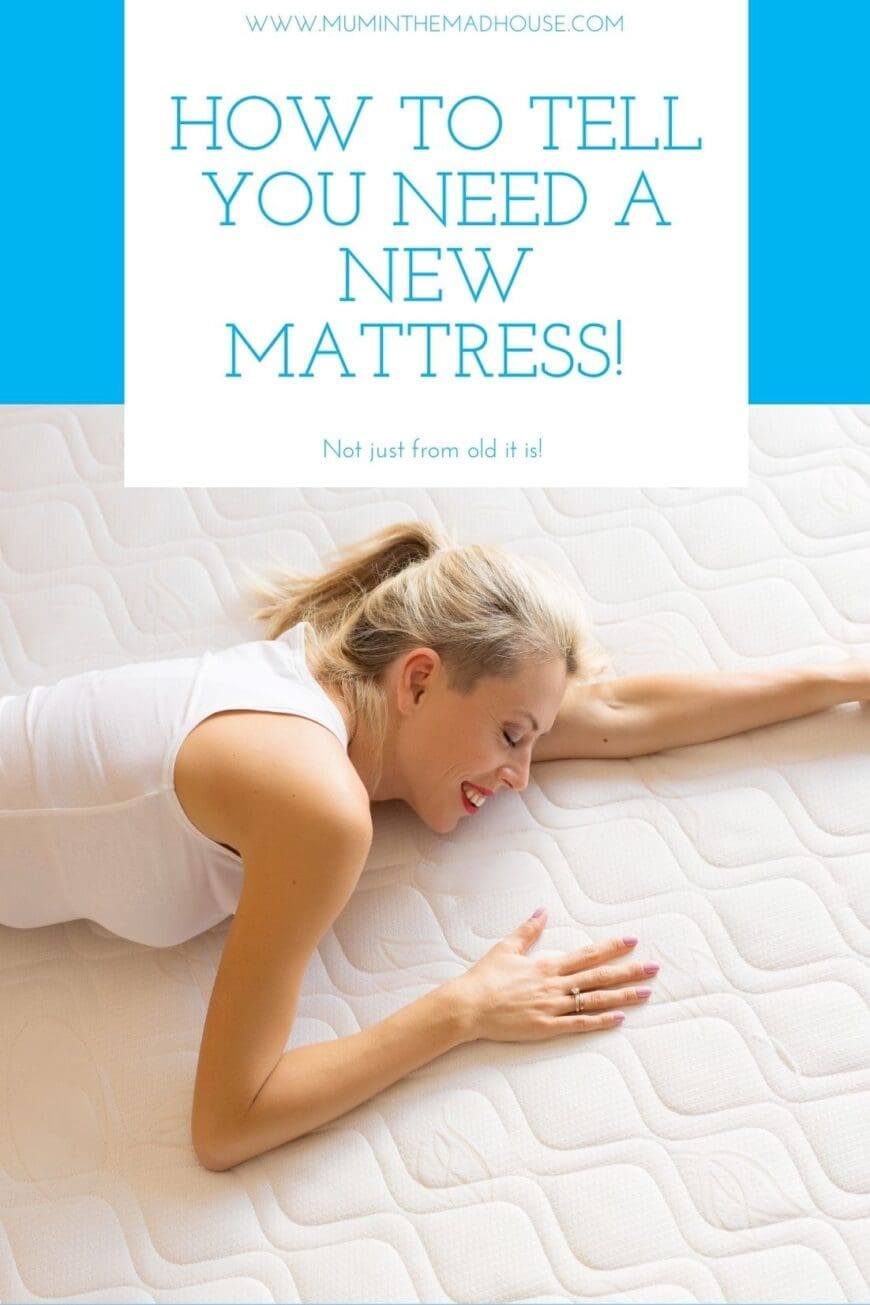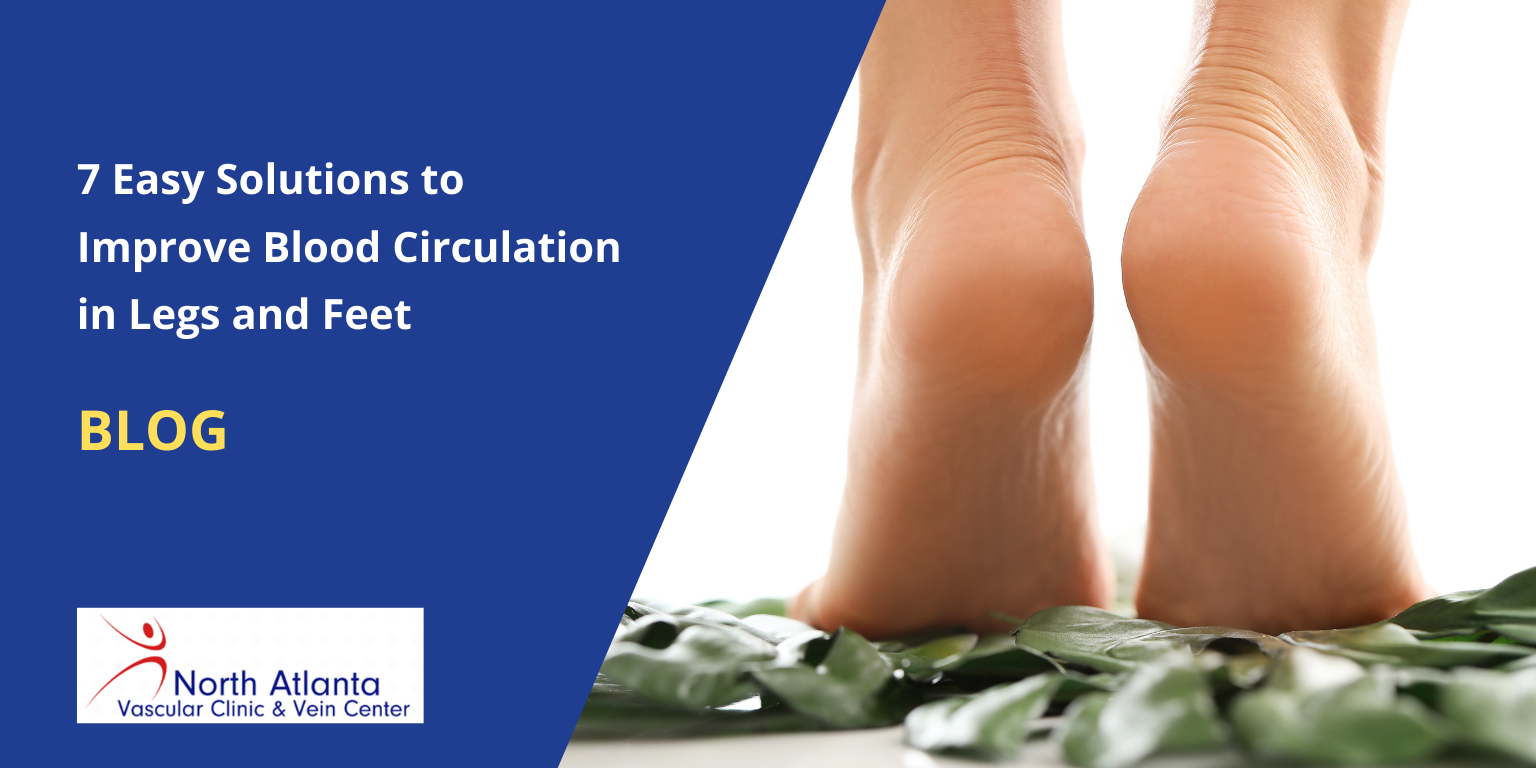A good night's sleep is essential for our overall health and well-being. However, if you wake up feeling restless, tired, and with numbness or tingling in your arms and legs, your mattress may be to blame. Yes, you read that right - a bad mattress can cause poor circulation. Our bodies need proper blood circulation to function properly. When we sleep, our bodies use this time to repair and rejuvenate. However, if our mattress is not providing the right support, it can hinder blood flow, leading to a host of health issues.Can a Bad Mattress Cause Poor Circulation?
Our bodies are designed to distribute our weight evenly while we sleep. However, an old and worn-out mattress can cause pressure points, disrupting this natural balance and causing poor circulation in certain areas. Additionally, if a mattress is too soft, it can cause our bodies to sink in, putting pressure on our joints and restricting blood flow. On the other hand, if a mattress is too firm, it can create a strain on our muscles, leading to poor circulation and discomfort.How Your Mattress Can Affect Your Circulation
There are some tell-tale signs that your mattress is causing poor circulation. These include waking up with numbness or tingling in your arms and legs, feeling restless and uncomfortable throughout the night, and waking up with pain or stiffness in your joints. If you experience any of these symptoms regularly, it is time to take a closer look at your mattress and its impact on your circulation.Signs That Your Mattress is Causing Poor Circulation
Our circulation is responsible for delivering oxygen and nutrients to our muscles and organs. When blood flow is restricted, it can cause a range of issues, including pain, numbness, and even nerve damage. A bad mattress can impede blood flow and cause pressure on certain areas of the body, leading to poor circulation. This can also result in uncomfortable sleep and a lack of restorative rest, further impacting our overall health.The Connection Between Mattresses and Circulation Problems
The good news is that by investing in a better quality mattress, you can improve your circulation and overall health. Look for a mattress that provides proper support and evenly distributes your weight to alleviate pressure points. Memory foam and latex mattresses can be excellent options as they contour to your body and provide adequate support. Additionally, adjustable bases can also help improve circulation by elevating your legs and taking pressure off your lower body.How to Improve Circulation with a Better Mattress
When shopping for a new mattress, keep in mind your body type, weight, and sleeping preferences. You want a mattress that will provide support and comfort without putting too much pressure on any one area. Consider trying out different mattresses and adjusting your sleeping position to see which one feels the most comfortable and supportive for your body. It is also essential to replace your mattress every 8-10 years to ensure it is still providing the right support for your body.Choosing the Right Mattress for Better Circulation
Many people believe that a firm mattress is the best option for those with circulation issues. However, this is not always the case. While a firm mattress can provide adequate support, it may not be the best option for everyone. If you have circulation issues, it is essential to find a balance between support and comfort. A medium-firm mattress may be a better choice as it can provide the right amount of support without causing pressure points.Can a Firm Mattress Help with Poor Circulation?
Aside from the physical signs, there are some other ways to tell if your mattress is causing poor circulation. If you notice that you are tossing and turning more than usual, waking up frequently throughout the night, or feeling restless and uncomfortable, it may be time to consider a new mattress. It is also essential to pay attention to how you feel when you wake up. If you wake up feeling stiff, sore, or with numbness or tingling in your extremities, your mattress may be the culprit.How to Tell if Your Mattress is Causing Poor Circulation
Apart from a bad mattress, there are other common causes of poor circulation, including a sedentary lifestyle, obesity, and underlying health conditions such as diabetes and high blood pressure. However, our mattress can play a significant role in our circulation. A bad mattress can exacerbate existing conditions and hinder our body's ability to repair and rejuvenate during sleep. Therefore, it is crucial to prioritize a good mattress for our overall health and well-being.Common Causes of Poor Circulation and How Your Mattress Plays a Role
If your mattress is more than 8-10 years old, it is time to consider replacing it. Even if it still looks and feels okay, it may not be providing the right support for your body and could be causing poor circulation. Investing in a good quality mattress can not only improve your circulation but also improve the quality of your sleep. You may notice a decrease in pain, discomfort, and restlessness, leading to a more rejuvenated and productive day ahead.Improving Circulation by Replacing Your Old Mattress
How a Bad Mattress Can Negatively Affect Your Circulation

The Connection Between Mattresses and Circulation
 When it comes to house design, the mattress may not be the first thing that comes to mind. However, a bad mattress can have a significant impact on your overall health, including your circulation. Poor circulation occurs when blood flow is restricted, often resulting in numbness, tingling, and cramping in the affected areas. This can be caused by a variety of factors, including a sedentary lifestyle, smoking, and certain medical conditions. However, one surprising factor that can contribute to poor circulation is your
mattress
.
When it comes to house design, the mattress may not be the first thing that comes to mind. However, a bad mattress can have a significant impact on your overall health, including your circulation. Poor circulation occurs when blood flow is restricted, often resulting in numbness, tingling, and cramping in the affected areas. This can be caused by a variety of factors, including a sedentary lifestyle, smoking, and certain medical conditions. However, one surprising factor that can contribute to poor circulation is your
mattress
.
The Role of Mattresses in Circulation
 Mattresses play a crucial role in the quality of our sleep, and
sleep
is essential for our overall health and well-being. During sleep, our bodies go into a state of rest and repair, which allows our circulation to improve. However, if your mattress is not providing adequate support and comfort, it can disrupt your sleep and lead to poor circulation.
A
bad mattress
can cause pressure points to form on your body, particularly in areas such as the shoulders, hips, and lower back. This can restrict blood flow to these areas, leading to discomfort and poor circulation. Additionally, an old and worn-out mattress may also sag in certain areas, causing your body to sink and putting pressure on your spine, which can also affect your circulation.
Mattresses play a crucial role in the quality of our sleep, and
sleep
is essential for our overall health and well-being. During sleep, our bodies go into a state of rest and repair, which allows our circulation to improve. However, if your mattress is not providing adequate support and comfort, it can disrupt your sleep and lead to poor circulation.
A
bad mattress
can cause pressure points to form on your body, particularly in areas such as the shoulders, hips, and lower back. This can restrict blood flow to these areas, leading to discomfort and poor circulation. Additionally, an old and worn-out mattress may also sag in certain areas, causing your body to sink and putting pressure on your spine, which can also affect your circulation.
How to Choose the Right Mattress for Better Circulation
 Choosing the right
mattress
is crucial for not only a good night's sleep but also for maintaining proper circulation. When looking for a new mattress, consider one that provides adequate support for your body and helps distribute your weight evenly. Memory foam and latex mattresses are known for their pressure-relieving properties and can help improve circulation by contouring to your body's natural curves.
Additionally, consider the firmness level of your mattress. A mattress that is too soft or too firm can lead to poor circulation. Ideally, you want a mattress that is medium-firm, providing enough support for your body while also allowing for some contouring.
Choosing the right
mattress
is crucial for not only a good night's sleep but also for maintaining proper circulation. When looking for a new mattress, consider one that provides adequate support for your body and helps distribute your weight evenly. Memory foam and latex mattresses are known for their pressure-relieving properties and can help improve circulation by contouring to your body's natural curves.
Additionally, consider the firmness level of your mattress. A mattress that is too soft or too firm can lead to poor circulation. Ideally, you want a mattress that is medium-firm, providing enough support for your body while also allowing for some contouring.
The Importance of Regular Mattress Replacement
 Even with the right mattress, it is essential to replace it regularly. On average, a mattress should be replaced every 7-10 years, depending on the quality and type of mattress. Over time, a mattress can lose its support and comfort, which can negatively impact your circulation and overall health.
In conclusion, a
bad mattress
can indeed cause poor circulation. It is essential to choose a high-quality, supportive mattress and replace it regularly to ensure proper blood flow and a good night's sleep. Taking care of your mattress is just as important as taking care of your overall health, so don't overlook its importance in keeping your body healthy and well-rested.
Even with the right mattress, it is essential to replace it regularly. On average, a mattress should be replaced every 7-10 years, depending on the quality and type of mattress. Over time, a mattress can lose its support and comfort, which can negatively impact your circulation and overall health.
In conclusion, a
bad mattress
can indeed cause poor circulation. It is essential to choose a high-quality, supportive mattress and replace it regularly to ensure proper blood flow and a good night's sleep. Taking care of your mattress is just as important as taking care of your overall health, so don't overlook its importance in keeping your body healthy and well-rested.











